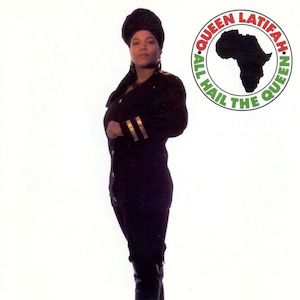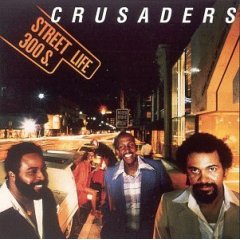Emily: Elton John is a great pop artist because he
appeals to almost everyone. Though I wouldn’t call myself an Elton John fan, if
Bennie and the Jets or Crocodile Rock come on the radio you know I’ll be
singing along – and who doesn’t have that reaction? Goodbye Yellow Brick Road
exemplifies John’s catchy piano-pop style, leading to an album that has
universal appeal and near-universal acclaim. He varies the tempo and subject
matter throughout this double album, boldly beginning with an 11-minute-long
2-part epic and following it up with a tribute to Marilyn Monroe, a
reggae-tinged kiss-off, 2 ballads devoted to 2 different people, some soft
rock, and a few poppy dance songs for good measure. It sounds all over the
place, but it’s actually quite cohesive thanks to John’s signature piano sound.
Of course, the singles are instantly recognizable – Bennie and the Jets and
Saturday Night’s Alright for Fighting have been pop mainstays since the album
was released – and impossible to not sing along with.
Favorite Tracks: Bennie
and the Jets; Goodbye Yellow Brick Road; Grey Seal
Zack: This album, which is thematically centered around nostalgia, was the
perfect listening music for me. You see, I am currently studying to take the
GREs, a process which makes me long for the days of walking in all bleary-eyed
and having done exactly 0 prep for the good ol’ SATs. But those days are long
gone, and these days are here now. So I put this double album on while I worked
through several dozen math problems on concepts as far ranging as 3 dimensional
geometry, linear equations, probability, coordinate geometry, combinations and
permutations, functions, and a whole bunch of other stuff that I haven’t had to
think about in five years. Surprisingly, it kind of worked. The album is rather
upbeat, which made me feel a little bit better about this being how I was
spending my day off instead of playing in the sun. And despite being a robust
79 minutes long, it seems to fly by. Even the seemingly unwieldy opening track
(Funeral for a Friend) feels like it’s a third of the length. But what amazed
me the most Goodbye Yellow Brick Road is the overall timelessness of it.
Honestly, had you asked me to pinpoint a decade from whence this was released,
I would have shrugged. It sounds like it could have been just as likely to come
out five decades ago as well as earlier this year. This was one of my first
real experiences with Elton John (outside of all the times I listened to
Eminem’s performance of Stan at the Grammys) and I really enjoyed it.
Favorite Tracks: Funeral for a Friend (Love Lies Bleeding);
Saturday Night’s Alright for Fighting; Dirty Little Girl
Additional Note: I took the GRE's today and did great! Go me! And thank you Elton John for helping to make my scores possible.












